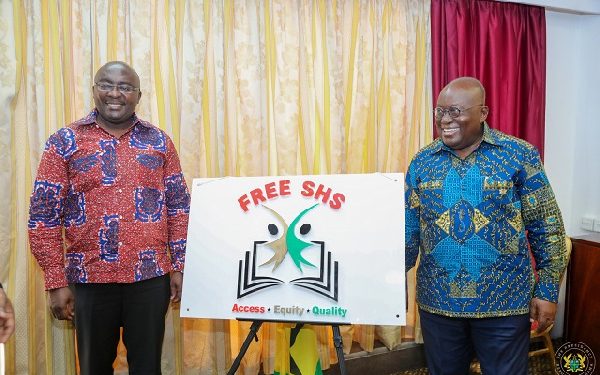As Ghana approaches a pivotal election year, citizens are expressing strong opinions on government programs, showing support for some while advocating for the discontinuation of others.
A recent report from Afrobarometer reveals that a substantial majority of Ghanaians want to see the continuation of key initiatives: 85% support the Free Senior High School program, 81% favor the Planting for Food and Jobs initiative, 71% back the One District One Factory policy, and 60% are in favor of the One Village One Dam initiative.
Conversely, there is notable opposition to the electronic transactions levy (E-levy), with 79% of respondents calling for its repeal.
Economic Concerns and Government Priorities
When asked about the most pressing issues for the next government to tackle, Ghanaians highlighted unemployment as their foremost concern, with 41% identifying it as the most urgent issue.
Infrastructure and road development were also significant priorities at 38%, followed by healthcare, cited by 33% as a primary need.
These concerns reflect a desire for concrete improvements in job creation, connectivity, and access to essential services.
Growing Economic Challenges
The report paints a concerning picture of the economic hardships faced by many Ghanaians. Over the past year, 82% reported experiencing some form of poverty, with 45% experiencing moderate to high levels. This marks a significant increase from 2017, when only 19% reported similar struggles.
Additionally, many respondents faced income instability, with seven in ten indicating they went without cash income at least once in the past year. Essential services were also hard to come by: 54% struggled to access medical care, 44% had difficulty with water supply, 44% faced food shortages, and 42% found it hard to secure cooking fuel.
Dwindling Optimism and Government Performance
Public sentiment regarding the country’s direction is largely negative, with only 45% of Ghanaians believing economic conditions will improve in the coming year. Confidence in the government’s economic management has significantly declined, reflecting widespread frustration over the rising cost of living and inadequate access to essential services.
As the nation gears up for elections, these findings suggest that Ghanaians are seeking continuity in successful social programs while also demanding a shift in economic policies to better address unemployment, infrastructure needs, and healthcare access.
The push for sustainable solutions, coupled with growing economic anxieties, will likely shape political discourse and influence voter decisions in the 2024 elections.


